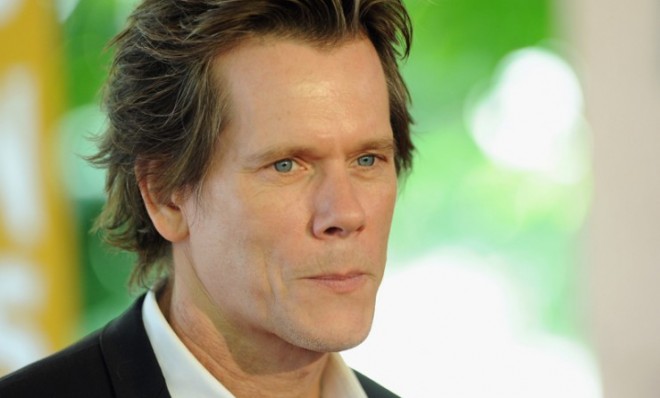How you can connect any two pages on the internet in 19 clicks or less
A Hungarian physicist finds that the web's organizing principles aren't all that different from "six degrees of Kevin Bacon"

A free daily email with the biggest news stories of the day – and the best features from TheWeek.com
You are now subscribed
Your newsletter sign-up was successful
The outer limits of the worldwide web can feel like an infinite fraying of loose ends and time-sucking wormholes. But the web's estimated 14 billion individual pages and 1 trillion documents are actually connected more efficiently than anyone might reasonably imagine.
Researchers, publishing their findings in the Philosophical Transactions of the Royal Society, have discovered that you can navigate from any single page on the web to any other page in a mere 19 clicks or less. The principle is similar to the game "six degrees of Kevin Bacon," except with obscure, fringe-y GeoCities pages instead of, say, Cameron Diaz.
The 19-click threshold was discovered by Hungarian physicist Albert-László Barabási, who used computer simulations to get a better grasp of the web's vast, unmapped architecture.
The Week
Escape your echo chamber. Get the facts behind the news, plus analysis from multiple perspectives.

Sign up for The Week's Free Newsletters
From our morning news briefing to a weekly Good News Newsletter, get the best of The Week delivered directly to your inbox.
From our morning news briefing to a weekly Good News Newsletter, get the best of The Week delivered directly to your inbox.
Here's where things get particularly fascinating: Even though the web is growing at an unprecedented rate — some estimates suggest as many as 3.7 million new domains are registered every month — Barabási claims the magic number 19 will hold true until the last ethernet cable on Earth crumbles into dust.
How can this be? According to Smithsonian Mag, Barabási argues that the web, while it may seem random, is actually arranged "in an interconnected hierarchy of organizational themes, including region, country, and subject area." In that sense, it doesn't matter how much bigger the web gets, since it will always be organized in a similar way.
How does this organization work? Look at this website's navigation bar up above, for example. Or scroll to the bottom of Wikipedia to see data organized by different languages. The basic organizing principles employed by search engines, aggregators, and other big, connecting nodes like Reddit help to make the web a less messy place overall. In fact, these large internet hubs are what make getting from Point A to Point B possible in the first place — like the LAXs and JFKs of the digital globe.
So go ahead. Give it a shot. We can't guarantee you'll be able to pull off 19 clicks at first blush. But, in the spirit of interconnectedness, we do recommend that you try starting your journey from here.
A free daily email with the biggest news stories of the day – and the best features from TheWeek.com
-
 Political cartoons for February 7
Political cartoons for February 7Cartoons Saturday’s political cartoons include an earthquake warning, Washington Post Mortem, and more
-
 5 cinematic cartoons about Bezos betting big on 'Melania'
5 cinematic cartoons about Bezos betting big on 'Melania'Cartoons Artists take on a girlboss, a fetching newspaper, and more
-
 The fall of the generals: China’s military purge
The fall of the generals: China’s military purgeIn the Spotlight Xi Jinping’s extraordinary removal of senior general proves that no-one is safe from anti-corruption drive that has investigated millions